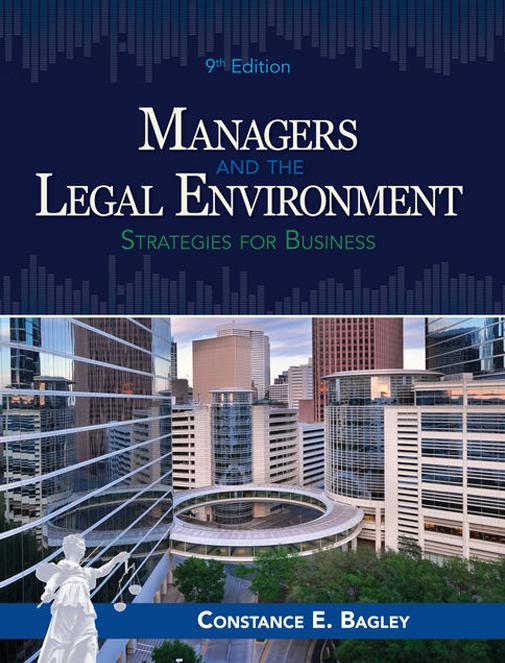Question
1. Read the passage below and then answer the questions: The idea of a special tax on soda, similar to those on tobacco, gasoline and
1. Read the passage below and then answer the questions:
"The idea of a special tax on soda, similar to those on tobacco, gasoline and alcoholic beverages, is attracting more interest. Advocates of a tax note that sugared beverages are the No. 1 source of calories in the American diet, representing 7 percent of the average person's caloric intake, according to government surveys, and up to 10 percent for children and teenagers. These calories, they point out, are worse than useless they're empty, and contribute to a daily total that is already too high. "What you want," says Kelly Brownell, director of Yale's Rudd Center for Food Policy and Obesity, "is to reverse the fact that healthy food is too expensive and unhealthy food is too cheap, and the soda tax is a start. Unless food marketing changes, it's hard to believe that anything else can work." Advocates argue that a soda tax would reduce consumption and pay for anti-obesity campaigns. "
Which type of tax is being described above? What is the purpose of this type of tax?
2. Which type of tax "hurts" lower income people more than higher income people?
Give an example of a specific tax that has this effect.
3. Which type of tax is the basis of our nation's individual income tax? Explain how it works. What is the related principle (benefit or ability-to-pay)?
4. What are the 3 criteria we want taxes to meet?
5. Give an example of how tax policy is used to encourage certain behaviors or economic activities. (From our very first day of notes on taxes)
6. Give an example of a tax based on the benefit principle & briefly explain.
7. What tax is collected when someone with a large value of property dies and passes it on to others?
|
|
8. What are tax loopholes? What complaint do many people have about tax loopholes?
9. What are customs duties / tariffs? What is their purpose?
10. If all people were to pay 15% of their income to the government, what type of tax would that be?
11. What two federal government programs are funded through FICA deductions? What do these two programs have in common?
12. You make big bucks investing in the stock market - what type of federal tax will you pay on your earnings?
13. What is an excise tax? Give an example of a product that is taxed in this way.
|
|
14. Identify a specific tax or tax policy you believe is INEQUITABLE (unfair). Explain WHY and/or HOW it is not equitable by using key terms (for example, is it progressive, proportional or regressive?) from our study of taxation. Show your knowledge of how the tax is implemented, how it affects people, or other sources of criticism. Just saying "it's not fair" isn't going to get you too far.
Step by Step Solution
There are 3 Steps involved in it
Step: 1

Get Instant Access to Expert-Tailored Solutions
See step-by-step solutions with expert insights and AI powered tools for academic success
Step: 2

Step: 3

Ace Your Homework with AI
Get the answers you need in no time with our AI-driven, step-by-step assistance
Get Started


